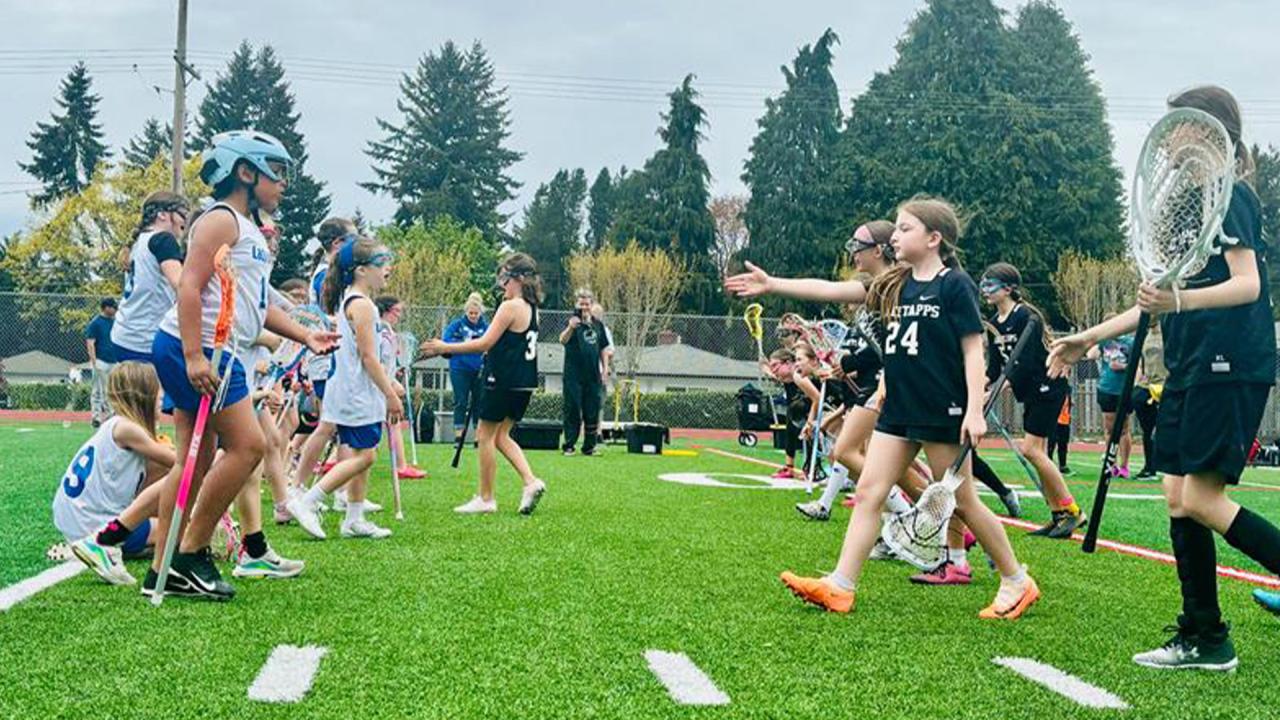TRIGGER POINTS
Dr. Stephanie Coakley emphasized that disruptive behavior from parents can trigger anxiety, embarrassment and shame in young athletes, which can have lasting psychological effects. Especially so if there’s a family history of violence.
“It’s hard for a child not to hear their parent’s voice,” said Coakley, a certified mental performance consultant and senior associate athletic director at Temple. “That’s the voice they’ve heard their entire life.”
The effects differ by age and developmental level, Wolanin explained.
“For younger kids, it can impact social skill development and engagement with a society where rules are in place,” he said. “For teenagers, we start to see more of an individual impact of self-criticism, anxiety, depression and eating disorders. When they try to meet expectations that are not realistic, that can lead to unhealthy thoughts about oneself and then behavior that tries to change that in some way.”
WHAT ATHLETES CAN DO
It’s unfair to ask kids to do the parenting. But if they’re up to it, they can be powerful change agents. “When my 6-year-old calls me out on something, it hits a little bit different than when my wife does it,” Jenkins said.
Tell your parents how their behavior makes you feel. But don’t do it in the heat of the moment. “If I’m going to fix a boat, it makes no sense for me to fix it during a storm,” Jenkins said. “Fix the boat when the water is calm.”
Ask them to watch games from a spot that’s farther from the field or bench area.
Invite extended family members (aunts, uncles, godparents, etc.) who could help regulate your parents. “Another adult who might be more grounded and in control,” Coakley said. “They don’t have as much stake in the outcome. They are just there to support you.”



























































